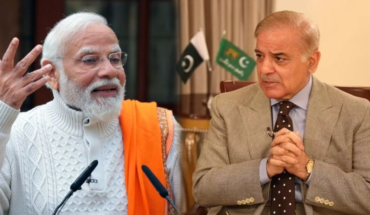Several States have implemented a strict lockdown for a fortnight to arrest India’s calamitous descent into Covid-19 hell since mid-March. The horror of sweeping infections, severe disease and staggering death rates has made a lockdown a popular measure, unlike last year’s imposition on an ill-prepared nation. Public acceptance of restrictions comes with the realisation that the threat to life from a mutating virus has aggravated manifold, although the spread of the scourge, from about 9,000 new daily cases in early February this year to over 4,00,000 in May, was brought about mainly by wrong messaging, massive political rallies and large religious events. After having been failed, what people now look forward to are measures that draw insights not from crude policing, but public health research. Unlike in 2020, the evidence is also stronger: WHO explains that SARS-CoV-2 spreads primarily through respiratory droplets and aerosols produced when people cough, sneeze, speak, sing or breathe, are within one metre of each other and also in crowded, poorly ventilated settings. Insistence on wearing good masks, distancing and a prohibition on risky gatherings are essential. It is welcome that lessons have been learnt, and people were given time to prepare this time. Moreover, rather than shut out employment and services completely, home delivery services and some vending have been permitted. States should prevent crowding at shops by allowing door deliveries of all consumer goods and not just food, using online services. Travel for emergencies must be facilitated without harassment. Testing access must also be dramatically increased by May-end to assess the true scale of the pandemic. Mere lockdowns are not enough. A proactive attitude of the govts and public alike to curb the infections will only help the country come out of the grim and depressing situation.
Proactive steps likely to hold up lockdown gains
Published Date: 17-05-2021 | 1:15 pm




